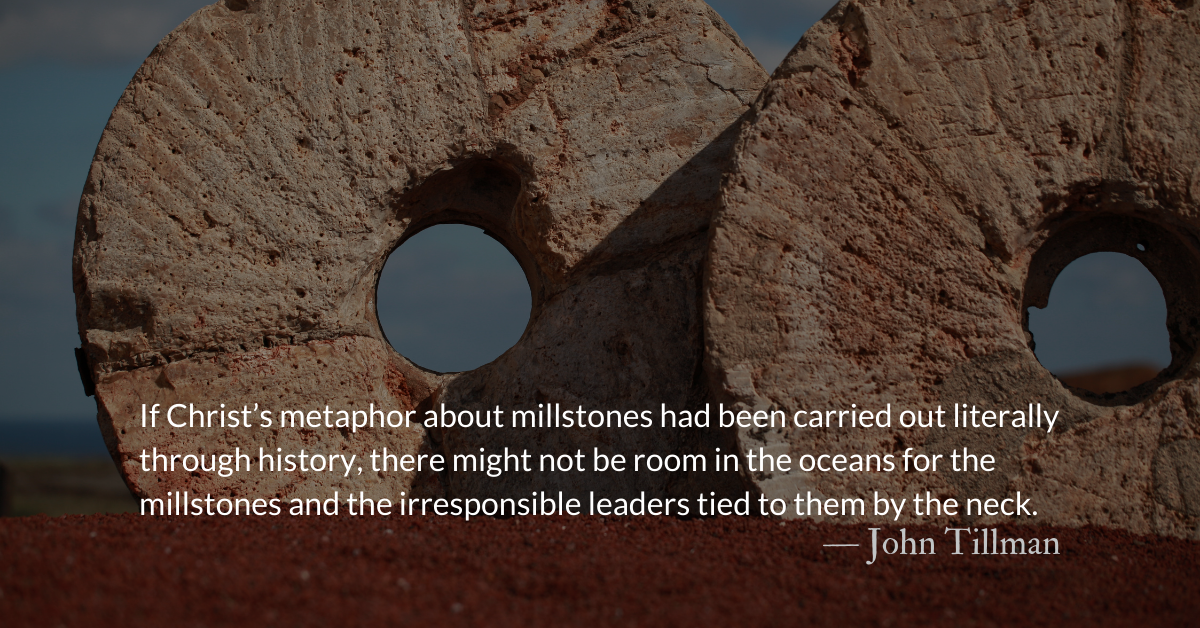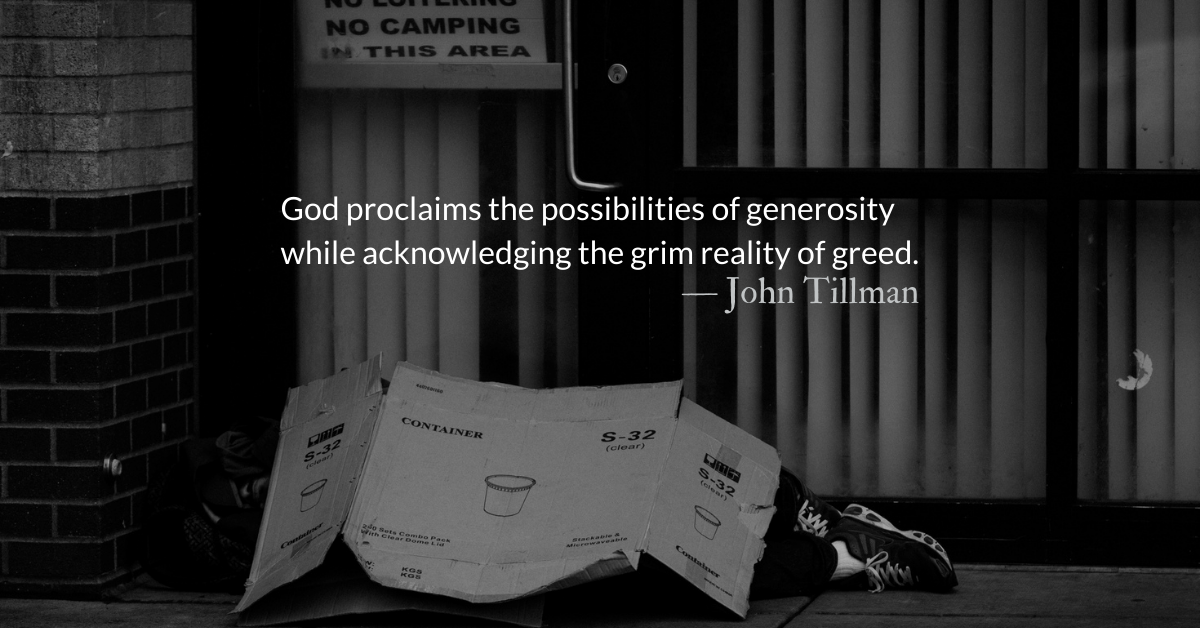Readers’ Choice Month:
In August, The Park Forum looks back on our readers’ selections of our most meaningful and helpful devotionals from the past 12 months. Thank you for your readership. This month is all about hearing from you. Submit a Readers’ Choice post today.
Today’s post was originally published, January 18, 2021, based on readings from Matthew 18.
It was selected by reader, Brian Miller from Florence MT
Thank you for this devotional. This is very pertinent today. May our words or actions never hinder someone’s journey with Jesus. Someone is always watching us. May our actions always reflect Christ.
Scripture Focus: Matthew 18:6–9
6 “If anyone causes one of these little ones—those who believe in me—to stumble, it would be better for them to have a large millstone hung around their neck and to be drowned in the depths of the sea. 7 Woe to the world because of the things that cause people to stumble! Such things must come, but woe to the person through whom they come! 8 If your hand or your foot causes you to stumble, cut it off and throw it away. It is better for you to enter life maimed or crippled than to have two hands or two feet and be thrown into eternal fire. 9 And if your eye causes you to stumble, gouge it out and throw it away. It is better for you to enter life with one eye than to have two eyes and be thrown into the fire of hell.
Reflection: Misleading the Least — Readers’ Choice
By John Tillman
The gospels record many times that people asked Jesus about “the greatest.”
There are religious debates about the greatest commandments, and multiple times, in many different settings, the disciples approach Jesus about, or are caught by Jesus arguing about, “the greatest.” (Matthew 18.1-3; 23.11; Luke 9.46; Mark 9.34)
Who is the greatest in the kingdom of heaven…
Can my two sons sit in the greatest seats…
Which of us is the greatest…
We want to know, don’t we?
Jesus definitively stated that the greatest in the kingdom are the least, the lowest, the small, the “little ones.” Jesus used a child in this example, but there is a different Greek word that refers to age. The word Jesus chooses, translated little, implies low status or being unimportant.
The unimportant, Jesus says, are of the greatest importance, but we, like the disciples, don’t quite believe it. We want to be important, big, mature, strong, dominant. We want to win. In pursuit of importance and status, we grasp at power. We grasp at fame. We grasp at wealth. All the grasping we engage in to be the greatest, is meaningless—chasing after wind.
This is challenging enough to our sinful nature, but what comes next is more chilling, Jesus has a stark warning for the leaders of the little. To those leaders and influencers who through actions or words may cause “little ones” to stumble, comes one of the most graphic pictures of punishment to cross the lips of Jesus. If Christ’s metaphor about millstones had been carried out literally through history, there might not be room in the oceans for the millstones and the irresponsible leaders tied to them by the neck.
Woe to leaders who mislead. Woe to influencers who cause others to stumble. Woe when we manipulate rather than educate. Woe when we foment sin rather than form spiritual morality. Woe when we lie and deceive rather than unfailingly cling to the truth.
Have we caused others to stumble? If so, how?
By being an example of greed or any other sin? By spreading a lie? By keeping silent in the face of injustice? By sharing an inflammatory post? By provoking others? By being purposely insensitive? By manipulating people?
May we repent of any of our actions or words that may have caused others to stumble. It is better for us to cut those actions out of our lives than to cause harm to others.
Divine Hours Prayer: The Greeting
The words of the Lord are pure words, like silver refined from ore and purified seven times in fire. — Psalm 12.6
– Divine Hours prayers from The Divine Hours: Prayers for Springtime by Phyllis Tickle
Today’s Readings
1 Samuel 1 (Listen – 4:13)
Romans 1 (Listen – 5:02)
Read More about Readers’ Choice 2021
Have we heard from you yet? Tell us about posts from the past year (September 2020 – July 2021) that have helped you in your faith.
https://forms.gle/ozM13qvW9ouSWhJS7
Read more about Abimelek, Caesar, and Jesus
Believers today who feel a religious compunction to political violence are serving an idolatrous, man-made religion, not Jesus.











